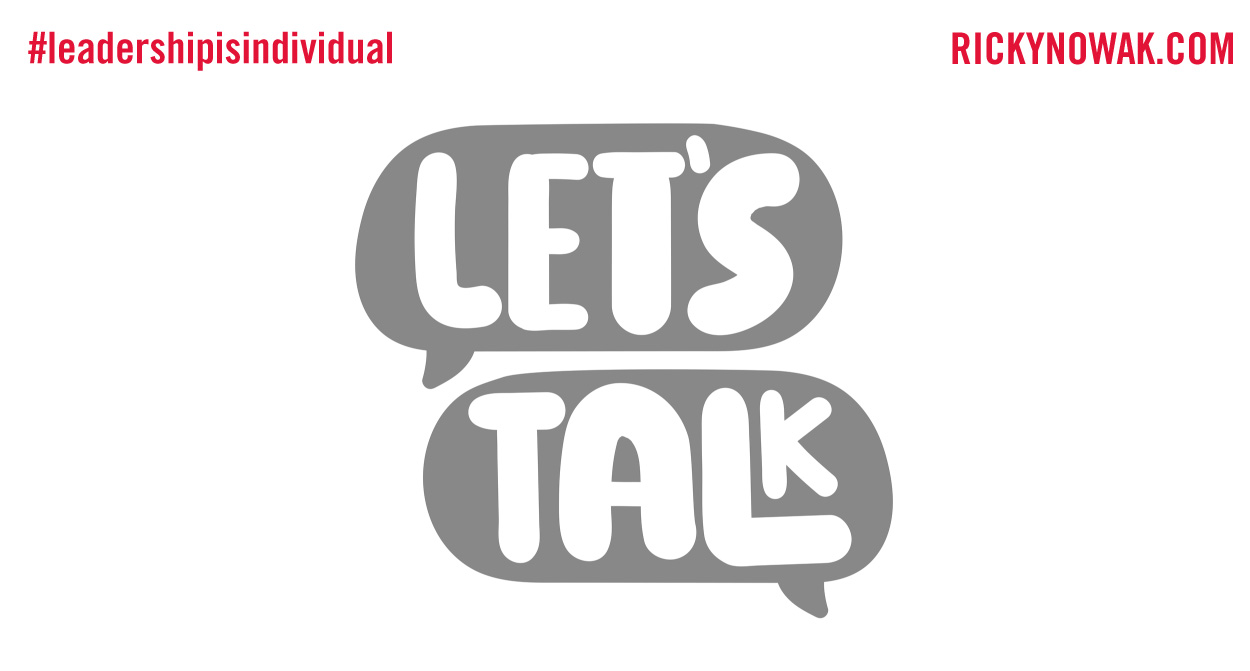The rules of the game have changed (again). Covid-19 has flipped the world order it on its head. 2020 roadmaps were torn apart and people generally feel less connected to peers, teams and clients. So – what now? How will law firms stay afloat and how do lawyers emerge stronger?
As we now look forward into the second half of the year, building and converting contacts into client contracts will require a whole set of new skills – which has far more to do with sales than with law.
Selling skills were not high priority on the law school curriculum. Many lawyers believe ‘sales’ is above or below their pay grade, is not part of the job description or just belongs with the BD department. Perhaps you can identify with one or more of those sentiments? After all, you didn’t spend all those years, weekends, and all-nighters labouring over complex matters against unrealistic deadlines to end up ‘selling yourself and the firm’ in tough times. But here you are. In tough times. With everyone from Graduate to Partner charged with a new fiscal responsibility that no one saw coming.
Set out below are 5 New Laws that will help you commercialise your conversations, keep your clients close and profits intact.

1. The New Law of Client Centricity
Focus on the new world of your client – what is their emotional, financial, physical and operational status today and how has this changed? Spend time thinking about these four zones from your client’s perspective. This might give you some insight into where their priorities currently rest.
Enquire relentlessly about what your clients want to achieve or do in the short and long term. Remember the 3 C’s — Clarify, Confirm, Curiosity. As clients are now more likely to be in a heightened state of anxiety, frustration, fear, impatience or anger, your job is to be client-centric and stay in the moment. This is your time to listen to their issues, and guide them safely through their challenges.
Key take away: Plant seeds in client conversations which set the scene for further discussions. Ask questions and actively listen. Demonstrate you have a clear understanding of their challenges and that you can be a reliable support to them in navigating through.
2. The New Law of Understanding
According to Alan Weiss Consulting USA, clients or prospects fit into one of four categories at the moment — Ideal, Hesitant, Intimidated or Hunkered down. Discover which category your client fits into and understand with whom you are dealing with; you can then match your communication to the style and personality of your client. There is no better way to commercialise your conversations than by leveraging and understanding the power of 4 quadrant sales cycle.

- Discover your clients’ needs. Question, challenge and disturb with evidence, statistics, case studies or examples.
- Project your clients’ future so they see themselves in the picture.
- Build Rapport steadily. Focus on mirroring pace, pitch, tone, body language. If you are working from home, remember most people are more humble in their habitat – so a more informal stance is better. Be insatiably curious about your client’s past, present and future aspirations and current needs. Empathise not eulogise. Listen more speak less. Reiterate, reflect and review and resist the temptation to jump into solution mode too quickly. If you do, you may miss uncovering the next opportunity.
- Offer solutions that showcase the strength of your teams, knowledge and skill but not the work — just the value that goes behind the work and relationship. Provide value. The objective of your conversation is to get them to say “So, what do you think I should do now? — I’m keen to hear your advice.”
Key take away: Stop talking before others stop listening. Remember to listen for client buying signals that include pausing, changes in body language, pitch and pace. If you can recognize clients’ buying signals early and often, you can avoid the work landing on another firm’s desk.
3. The New Law of the Constant Sale
One of the biggest mistakes most people make is asking for the sale at the end of a project and expecting it to convert. Successful sales people know that the ‘next sale’ is often seeded within a short time of the first conversation. Based on feeling, intuition, people make their minds up very quickly about whether they want to work with people or not and the likely scope of the interaction or relationship.
The way to build desire is through constant and confirmation of facts, agreements in understanding and continuous dialogue. Messaging should be framed to highlight an understanding of client motivations (traditional and aesthetic).
Key take away: Stay connected to clients — even when the work is not is now flowing. You want to be front of mind when the need arises or keep conversations open where you might identify new opportunities for work.
4. The New Law of Talking Money
The biggest challenge regarding pricing is not the price itself — but rather how the value of the work you do is portrayed. Another challenge is not knowing enough about the person or scope of a project before providing a fee estimate.
Here are three options to use when the conversation gets to talking about money.
- Let’s talk about what you’re trying to accomplish first and then we’ll work out some pricing options based on that.
- Is it OK to talk about money at this early point in our discussion?
- Until I have a better idea of what you want and whether or not we can help — any number I give you is going to be too high, would it be ok if we spend a few minutes discussing your enquiry? Then if I can help, I’ll get you the pricing options you need. If we can’t help, I’ll be happy to refer you to other great resources that do things we don’t. Fair enough?
Key take away: Find your own natural way of talking money but be transparent to avoid surprises. Clients won’t come back if they get a surprising bill when you close a matter or deal.
Reminder: If others don’t know what you sell, they can’t buy. Ask yourself if your clients really know what you do. The chances are that most people only really understand a small proportion of the work you actually do. Don’t assume they know what your team or other departments can support them with.
5. The New Law of Client Referrals
For many people, asking for referrals can be extremely challenging — for most of us it doesn’t feel comfortable. Learning when to ask and how to ask could dramatically help your practice now and in the future. Here are some great examples which will help you bring in new business and existing opportunities.
- John, I ask some of my close clients for referrals to their contacts. Given the great results we achieved here, would you be open to refer me and the team to some of your contacts?
- Anne, I understand from your connections that you’re connected to xxx. If you would be open to it, I would really appreciate an introduction to him/her as you have mentioned they are part of your regular business network.
- It’s great you have been happy with the results we have achieved for you. I’ve been interested too in hearing about the challenges your colleague xxx. I’d like the opportunity to meet with xxx too to see how we can help him. I would highly value your recommendation.
- I think I could be a great resource and advisor to other industry leaders like you. How do you feel about referring or recommending me within the [insert] industry?
- What advice would you give me on whom I should be speaking to at [insert company name] — I would love to do work with them.
Conclusion
We each have an opportunity to take advantage of this moment — to reflect and adjust the way we interact with our networks and clients. Take time to rethink your selling strategy. Deliberate and smart choices now regarding how you interact with clients will see your relationships and legal practice emerge stronger.


